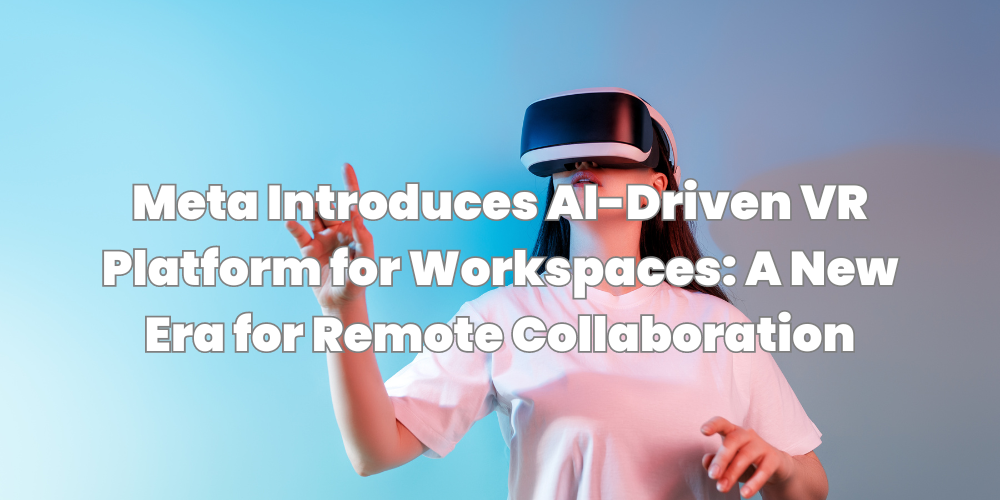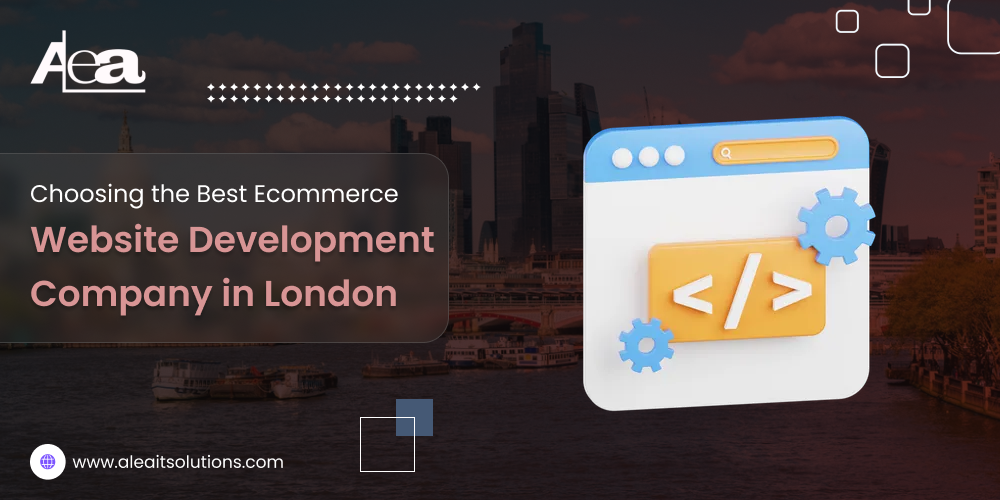The world of work is evolving rapidly, and remote collaboration is no longer a temporary adjustment but a permanent fixture in the business landscape. Meta, formerly known as Facebook, has stepped up to this challenge with the introduction of its latest innovation: an AI-driven VR platform for work-spaces. This new offering marks a significant leap forward in how teams collaborate, transforming virtual meetings and digital interactions into immersive, highly productive experiences.
Revolutionising Remote Work
The shift to remote and hybrid work models has increased the demand for more advanced digital tools. Video conferencing, cloud collaboration, and messaging platforms are essential, but many teams still feel the limitations of 2D digital interactions. Meta’s AI-powered VR workspace offers a solution that allows users to experience a virtual office in a 3D space, fostering a deeper sense of presence and engagement.
Employees can now meet in virtual environments that mimic physical offices or customized creative spaces, complete with lifelike avatars and interactive features. The platform leverages Meta’s expertise in AI to create intuitive, dynamic virtual environments that can adapt to the needs of different industries and working styles. This includes everything from design collaboration rooms to large conference spaces.
Key Features of Meta’s VR Workspace
Meta’s new platform combines several cutting-edge technologies to deliver a seamless and productive workspace for businesses:
Immersive 3D Collaboration: Users can meet, brainstorm, and work together in a 3D virtual environment. The platform’s spatial audio and interactive tools simulate real-life interactions, enabling participants to collaborate as if they were in the same room.
AI-Driven Avatars: Avatars powered by AI offer more than just a face to represent participants. They are designed to mimic human expressions and gestures, creating a more natural and intuitive way to communicate. AI also helps in analyzing body language and adjusting the virtual environment to enhance productivity.
Integrated Productivity Tools: The VR platform isn’t just about meeting in a virtual room. It integrates popular work tools, including task management, project tracking, and file sharing, making it a fully functional digital workspace.
Customizable Workspaces: Different businesses have different needs, and Meta’s VR workspaces allow for complete customisation. Teams can design their virtual offices to reflect their brand, project requirements, or even personal preferences.
AI-Assisted Insights and Analytics: Meta is leveraging AI not only for user interactions but also for providing insights into team productivity and collaboration patterns. These analytics offer actionable data to improve work processes, time management, and team dynamics.
The Impact of AI on VR Work-spaces
AI is at the core of Meta’s VR workspace. The integration of AI offers not only smoother interactions and improved user experience but also personalization and efficiency in managing workspaces. AI-driven avatars understand and replicate users’ emotions and body language, enhancing communication in ways that simple video calls cannot. AI-powered scheduling, note-taking, and reminders can also automate repetitive tasks, freeing up time for more critical work.
Moreover, AI learns from users’ behaviors, optimizing the VR environment based on individual and team preferences. Over time, the workspace becomes more personalized, anticipating user needs and streamlining workflows.
Challenges and Future Prospects
While Meta’s AI-driven VR workspace is undoubtedly a game-changer, it also comes with its set of challenges. VR hardware is still relatively expensive, and not all users are comfortable wearing headsets for extended periods. Additionally, internet bandwidth and latency can affect the seamlessness of the experience.
However, as VR technology continues to evolve and become more accessible, these barriers are likely to diminish. With advancements in lightweight, affordable VR headsets and faster internet connections, Meta’s platform could become a mainstream tool for businesses across various sectors.
Meta’s push into the AI-powered VR workspace market is a clear signal of the growing importance of immersive technologies in the future of work. As the world embraces remote collaboration, this platform has the potential to bridge the gap between physical and virtual spaces, offering a new dimension of interactivity, productivity, and engagement.
Conclusion
Meta’s AI-driven VR platform marks a pivotal moment in the evolution of remote work. By combining cutting-edge AI with immersive VR technology, the platform creates an entirely new way for teams to collaborate, communicate, and create. As businesses continue to navigate the complexities of hybrid and remote work models, Meta’s innovation provides a robust solution that could shape the future of workplace collaboration.
The future of work is immersive, and Meta is leading the way.
News Sources:
- The Verge– “Meta’s AI VR Workspace: The Future of Remote Work Collaboration“
- TechCrunch– “Meta Pushes Boundaries with New AI-Driven VR Platform for Workspaces“
- Bloomberg– “AI Meets VR: Meta Unveils Immersive Workspaces for Remote Collaboration“
- Wired– “How Meta’s New AI-Powered Virtual Workspaces Are Changing the Game for Businesses




